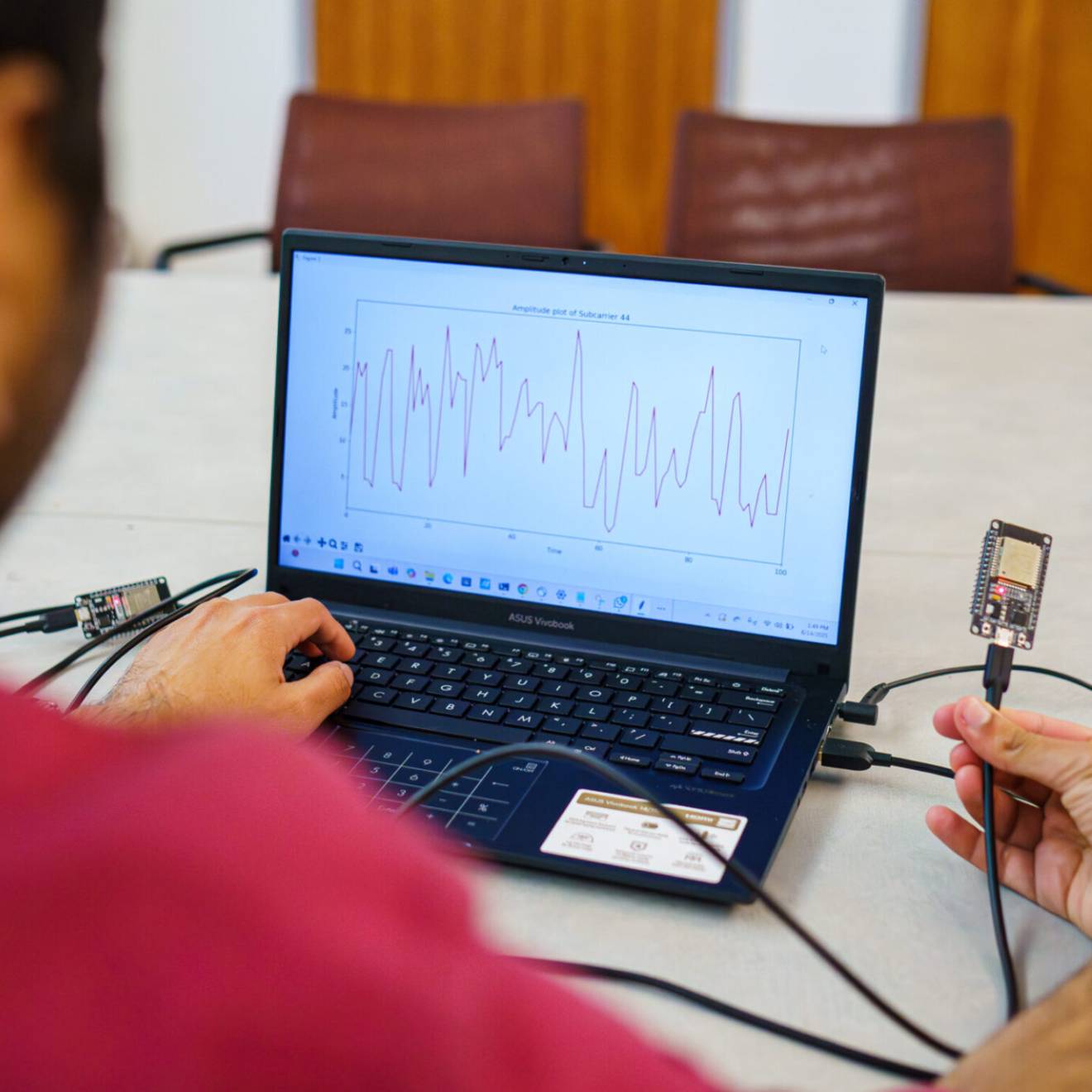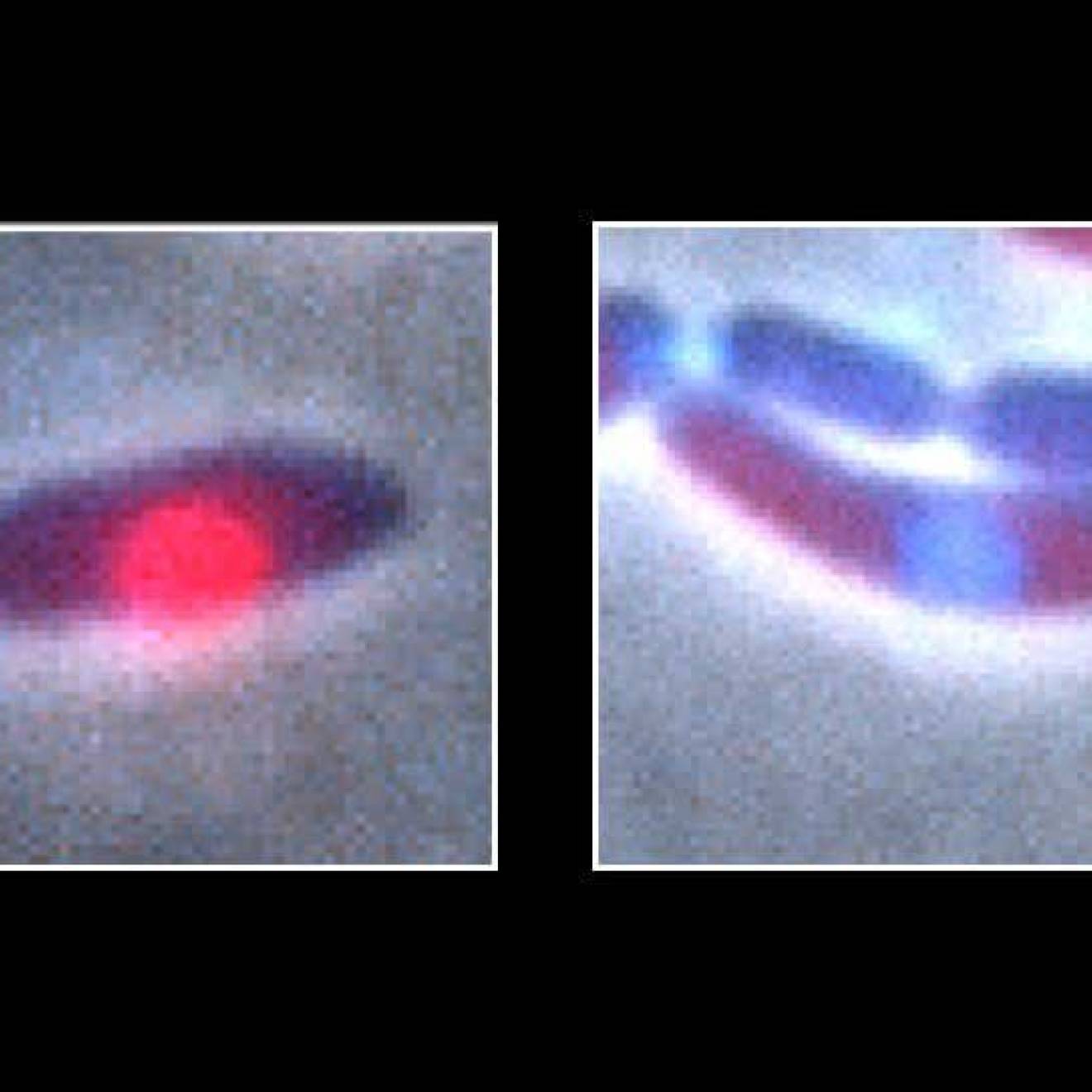Rebecca Kendall, UCLA
One night in 2010, Kevin Hale pushed a shopping cart loaded with six gallons of vodka and a couple of cases of beer to a railway bridge in Pico Rivera, California.
“I was going to go up there and drink ’til I could drink no more,” said Hale, a member of the Navajo Nation, who struggled with alcohol for two decades before finding sobriety and a path to higher education. “If you drink enough, your body will just shut down. That’s what I planned on doing.”
But his plan changed after he started to hallucinate. A vision of a friend who had died from alcohol abuse appeared and told Hale to go home to his family. If Hale were to die like this, his friend seemed to say, it would devastate his mother.
“He told me I shouldn’t do that to her,” said Hale, who was homeless at the time.
That was a moment of spiritual intervention that Hale will never forget. This week, Hale, 53, will graduate with a degree in sociology and celebrate his transition to a new life at the campus’s American Indian graduation celebration on Friday at 4:30 p.m. with 18 other graduates. In all, the university expects to confer more than 12,600 bachelor’s, master’s, doctoral and professional degrees for the 2015-2016 academic year, including 7,800 earned this spring. In all, graduating students and guests will attend more than 50 commencement ceremonies, receptions and celebrations. UCLA’s largest commencement is for the UCLA College and takes place during two ceremonies at 2 p.m. and 7 p.m. on Friday at Pauley Pavilion.
"Sometimes I get emotional"
“I’m proud that I’ve been able to get through this,” said Hale, a father of four and grandfather of three, who will begin a master’s program in social work at the UCLA Luskin School of Public Affairs this fall. “I wasted 20 years of my life. … Sometimes I walk through campus late at night when it’s quiet and dark, and I think about how, six years ago, I was sleeping on a riverbed. I walk through here, and I think ‘Wow, how did I get here?’ Sometimes I get emotional.”
The morning after Hale had that vision, he called his brother Phillip, a fellow Bruin, and told him he wanted to go into treatment.
While waiting for his brother to arrive, Hale started to experience alcohol withdrawal. “I could feel myself already shaking, and I was afraid of being sick, so I hid.”
Phillip found him two weeks later sleeping behind a hardware store and got him admitted to a Tarzana treatment center to kick his addiction. While there, Hale discovered his aptitude for helping people with addictions and other personal problems, a realization that inspired him to become a counselor.
Hale transferred to UCLA in 2014 after graduating from Pierce College with an associate degree in social and behavioral sciences. While at Pierce, he worked as a house manager and counselor for Grandview Foundation, which serves men with drug and alcohol addictions.
Relearning Navajo and providing leadership
Anthropology professor Paul Kroskrity, chair of the UCLA Department of American Indian Studies, first met Hale when the student enrolled in his “Linguistic Endangerment and Linguistic Revitalization” class.
“Kevin has a winning combination of humor and humility,” said Kroskrity, who said he felt honored to write a recommendation letter for Hale for his graduate school application. “You get the feeling of someone who has been through a lot of personal struggles and has emerged successfully due to a quiet determination.”
Hale said Koskrity’s class challenged him to think critically about the impact of losing one’s language and culture, so much so that Hale was inspired to relearn Navajo, a language he spoke at home until he started kindergarten.
“I never spoke Navajo after that because my parents wanted me to learn English for school.”
Here at UCLA, Hale held a number of leadership positions within the Student Initiated Outreach Commission, the American Indian Student Association and the Undergraduate Sociology Association. He also served as a peer counselor, supporting undergraduate Native American and Pacific Islander students. On weekends, he continued his work at Grandview Foundation.
As part of his campus service, Hale recruited and trained UCLA students of all backgrounds to tutor and provide mentorship and college information to Native American students at four area high schools.
Helping the most underrepresented group in higher education
Without college degrees themselves, many parents at these schools think it’s fine if their children attend “less competitive schools because the standards aren’t as high,” Hale said, adding that Native Americans are the most underrepresented group in higher education. According to the American Indian College Fund, Native American students account for just 1 percent of all college students. Roughly 150 Native American students are currently enrolled at UCLA, said Hale.
“They are more focused on their children getting jobs to support themselves after high school. College is not the goal, so we try to involve the parents.”
Hale said he too felt that UCLA was out of reach even as he prepared to graduate from community college, but he desperately wants Native American youth to visualize UCLA as a place where they belong and can succeed.
He has also been involved in planning UCLA’s annual powwow, which he sees as a strong tool to help convince Native American parents that UCLA will support their children. Powwows, he said, were a big part of his childhood, both in Southern California and on his father’s home reservation near Window Rock, Arizona, where Hale and his six siblings spent their summers.
Hale has also conducted research that aims to benefit the Native American community. This spring, he researched obesity among Native American children and helped the United American Indian Involvement conduct a survey to determine whether Native Americans in the L.A. area were aware of or used services available to them, including those related to substance abuse, job training, employment and health care.
“We’re trying to bring all the services together to focus on the healing of the family, the individual and community,” said Hale, who has a renewed sense of confidence and purpose since returning to college and immersing himself in campus life.
“I look back, and I’m just proud,” he said. “I’m proud of digging myself out of addiction and realizing that I’m not a loser, because that’s what I felt like for a very long time. There are people who go through what I have and struggle to get through it day by day. It’s a hard road, but I think everybody has the capacity to be better.”

